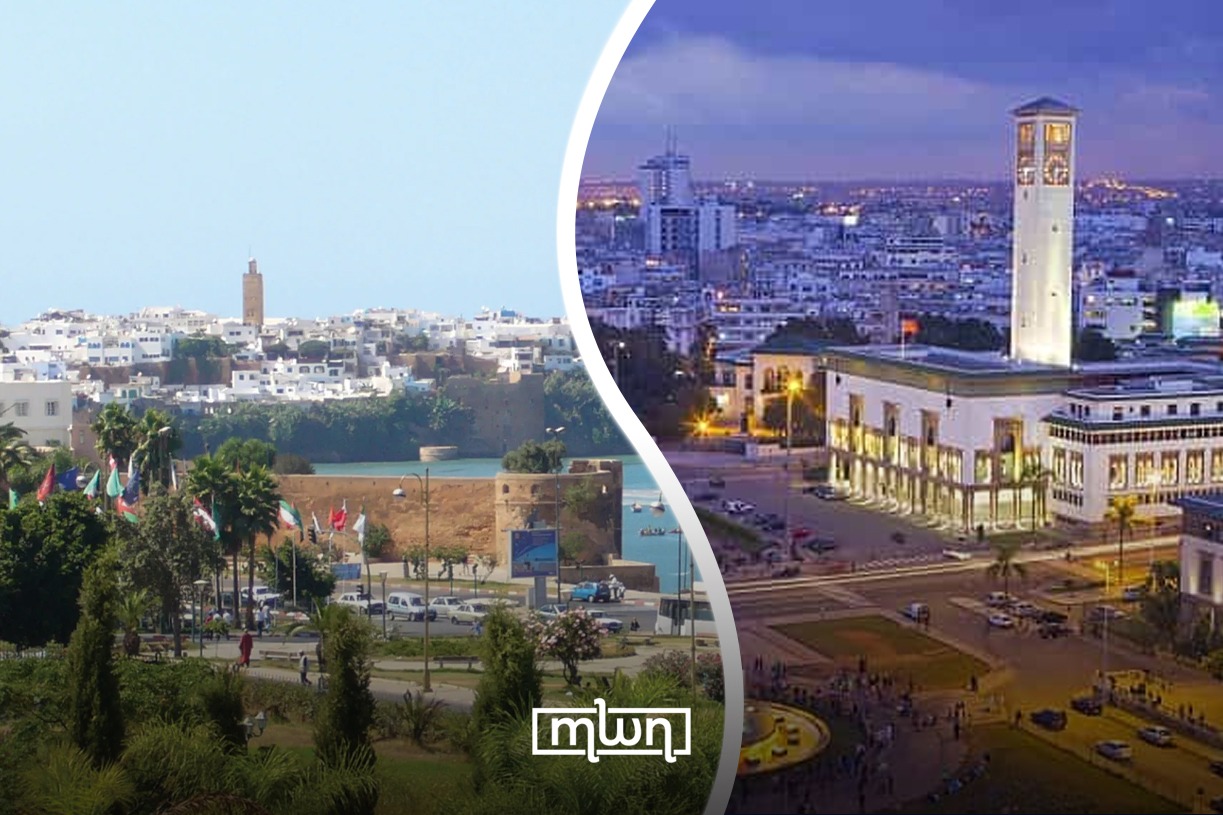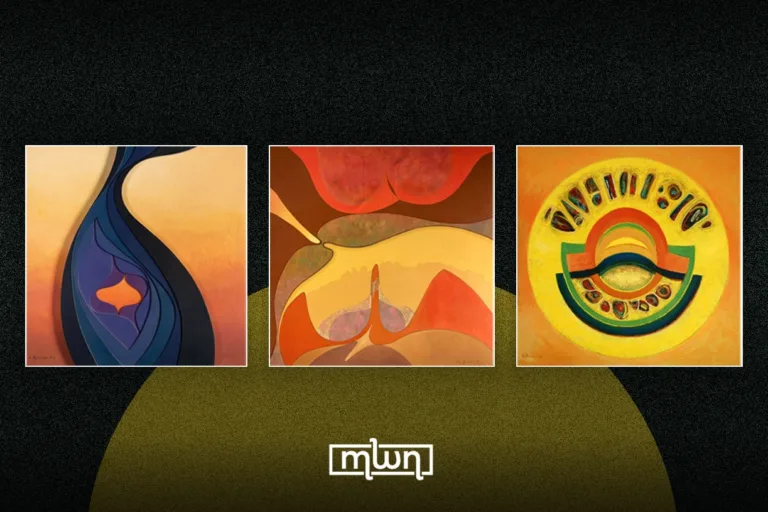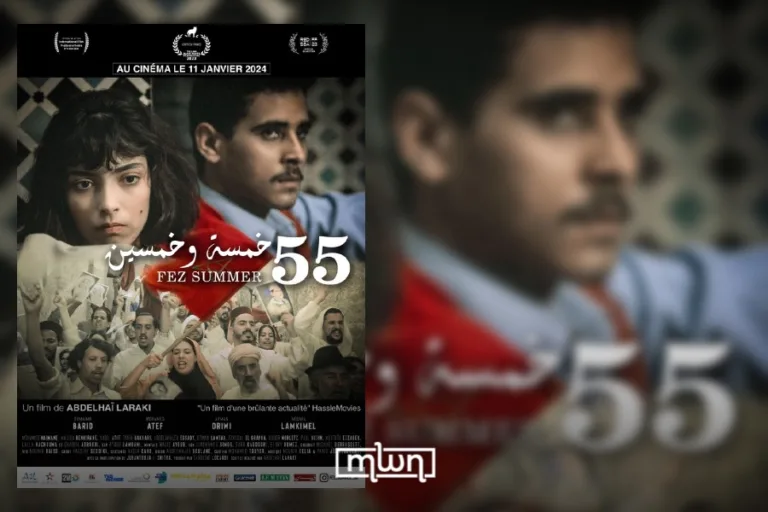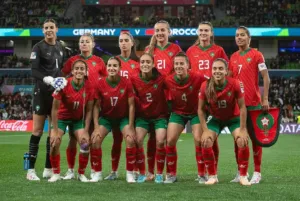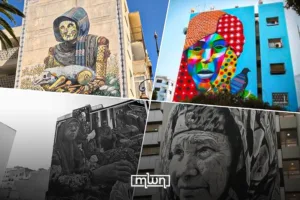What makes a city irresistible? Is it the hum of opportunity, the promise of a better life, or the quiet allure of green spaces and clean streets?
Marrakech – As Africa’s cities swell with new residents, fueled by rapid urbanization, a select few are rising as beacons of opportunity and innovation.
Jeune Afrique’s latest report on the 30 most attractive African cities puts the spotlight on five standouts: Cape Town, Kigali, Casablanca, Rabat, and Abidjan.
Leading the charge is Cape Town, South Africa’s jewel, boasting a governance model that sets the bar across the continent.
With an overall score of 7.7, the city balances quality of life, infrastructure, and a thriving investment climate, creating a near-perfect urban ecosystem.
Rwanda’s Kigali secures second place, its spotless streets and impressive quality of life earning it an 8.4 in this category.
Known as the “cleanest city in the world,” Kigali combines modernity with order, though it lags slightly behind in attracting foreign direct investment.
Morocco’s twin urban powerhouses, Casablanca and Rabat, take the fourth and fifth spots, respectively.
Casablanca thrives on its economic dynamism, fueled by an exceptional record in foreign investment projects.
Meanwhile, Rabat, with its verdant spaces and focus on safety, emerges as the cultural and political heart of Morocco.
Abidjan, Côte d’Ivoire’s economic hub and a city bustling with entrepreneurial energy but grappling with challenges in housing and infrastructure, closes the top five.
The ranking’s methodology evaluates cities on five key dimensions – quality of life, employment, essential services, infrastructure, and foreign direct investments – painting a nuanced portrait of Africa’s urban landscape.
Yet, the report reveals underlying struggles: centralized governance, inadequate infrastructure, and the strain of integrating rural migrants.
As African cities prepare for a projected 900 million urban residents by 2050, the challenge lies in not just attracting but sustaining their growing populations.
With Cape Town’s well-oiled systems, Kigali’s cleanliness, and Casablanca’s economic vigor, these cities exemplify the promise and complexity of Africa’s urban future.

